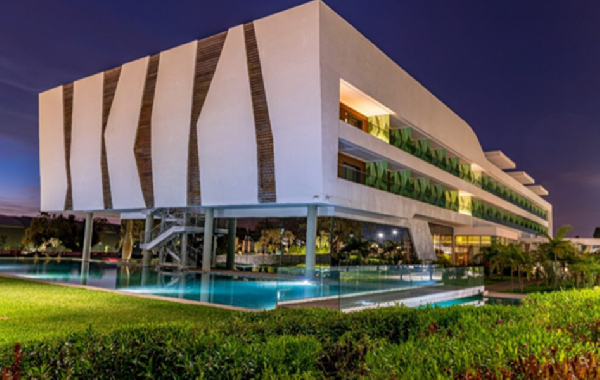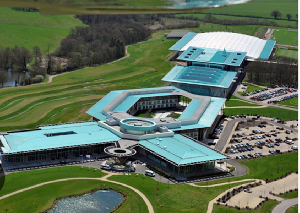I firmly believe that God endows nations and ethnicities with unique gifts. The Jews excel in business; Indians have an innate proficiency in commerce; the Japanese shine in mathematics; and Europeans have led engineering innovations through the second and third industrial revolutions.
Black Africans, on the other hand, possess a natural gift for sports. From athletics to football, boxing, basketball, and even newly embraced sports like tennis and gymnastics, the prowess of Black athletes is undeniable. Icons such as Jesse Owens, Mohamed Ali, Micheal Jordan, Serena and Venus Williams have broken barriers and proven that Black athletes can dominate on any stage. This innate ability is a God-given treasure that Ghana must harness.
Since the 1970s and 1980s, Ghana’s progress in sports has steadily declined due to a lack of vision, planning, and investment. However, the time has come for us to address this issue holistically, rebuild our socio-sporting framework, and set a bold vision for the future.
Take the UK as an example. By the early 2000s, Britain realized that in order to harness its vast sporting potential, it needed a strategic, focused effort. Despite having one of the world’s best football leagues, the national team had failed to perform consistently on the global stage.
In athletics, the strides of stars like Sebastian Coe, Steve Cram, Linford Christie, and Tessa Sanderson during the 1980s were not enough to sustain their dominance. Recognizing these challenges, the UK established St. George’s Park as a hub of sports excellence.
This facility brought together top sports scientists, coaches, and medical professionals to train and mentor athletes across disciplines—from boxing to archery and football.
The results were transformative. By the time of the 2012 London Olympics, the UK had re-established itself as a global sporting powerhouse, winning numerous medals and achieving glory in cycling, boxing, football and athletics.
The development of top-tier talent, from Anthony Joshua in boxing to champions in women’s football and youth teams in under-17, under-20, and under-21 categories, underscored the success of their strategic investment.
Morocco has also demonstrated the impact of targeted investment in sports. By replicating the St. George’s model with the Mohammed VI Football Academy, they quickly rose to prominence. In just 10 years, they are dominating African football in both the men and women’s game and became the first African team to reach the World Cup semifinals.

Ghana doesn’t have to look far for inspiration. Our nation has a rich sporting history, particularly in football and boxing, with legends like Abedi Pele, Michael Essien, Asamoah Gyan, Azumah Nelson, and Ike Quartey achieving greatness. Recently, our athletes training in the United States have showcased their potential in athletics.
To build on this legacy, we can start by transforming one of the STEM schools already established by the Ministry of Education into a multi-disciplinary sports academy. This approach would minimize initial costs while maximizing impact. Such a centre could feature football pitches, swimming pools, athletics tracks, boxing rings, and gyms, creating an environment where young talents can thrive and like St George’s Park, a place that doubles as a sports camp for our national teams.
By identifying and nurturing children as young as 10 who show exceptional promise in sports, we can offer scholarships and world-class training while also educating them in fields like business and sports science. This ensures that even those who do not achieve professional-level success in their chosen sport can contribute to society through related fields.
Tom Vernon’s Right to Dream Academy has already proven that such initiatives can succeed in Ghana. Now, it’s time to scale up. Imagine a national program supported by our sports legends as mentors, training the next generation of Ghanaian athletes while instilling discipline, pride, and resilience.
With the right leadership and vision, this initiative could transform Ghana’s sports landscape within the next 5–10 years. It’s an opportunity to create a blueprint for sports excellence, positioning Ghana as a global force while uplifting the economy and uniting the nation.
To the next Sports Minister: this is your chance to etch your name into Ghanaian history as the leader who laid the foundation for a new era of sports glory. The time to act is now.
Opinions of Thursday, 2 January 2025
Columnist: Frederich Maafo















